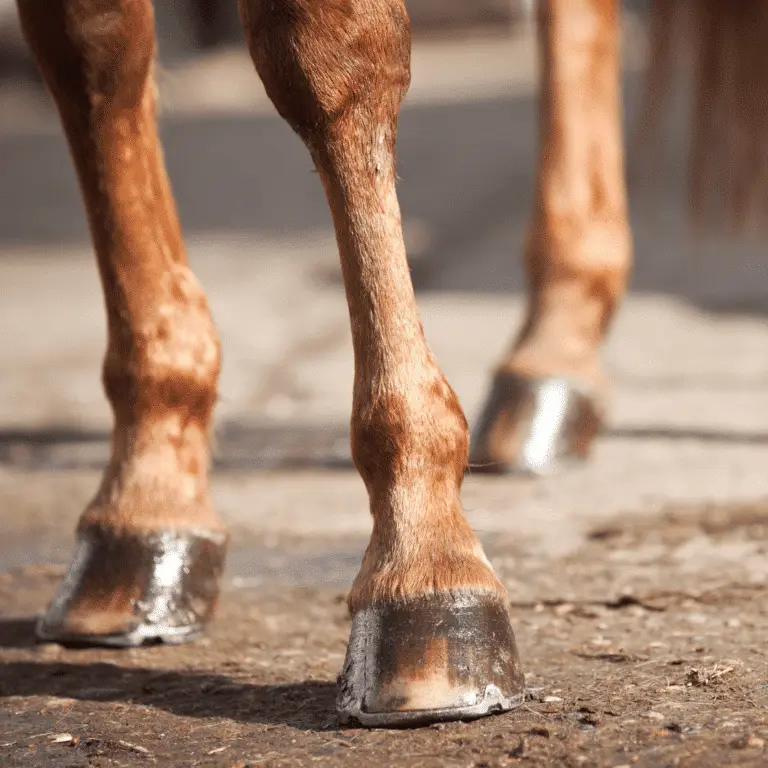
Degenerative Suspensory Ligament Desmitis (DSLD)
Degenerative Suspensory Ligament Desmitis (DSLD) Seek veterinary advice if you suspect this disease. The exact cause of DSLD has not
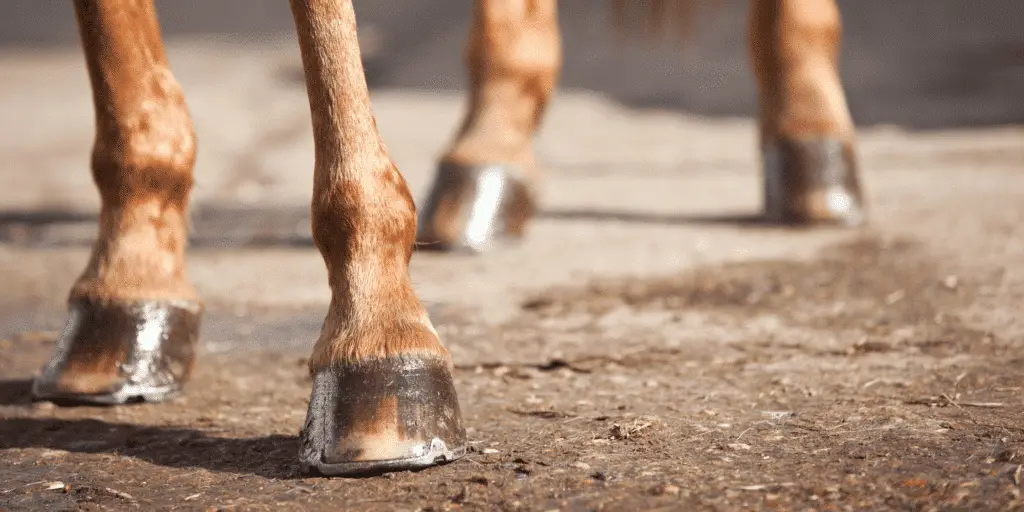
Seek veterinary advice if you suspect this disease.
The exact cause of DSLD has not been identified. Genetic and environmental factors are likely involved. The research proposes that horses with DSLD have an abnormal healing process in the suspensory ligaments. Wear and tear associated with normal regular exercise causes small “microtraumas” that occur in the suspensory ligaments.
Normal horses produce more cells that lay down additional collagen fibres to repair the ligament. In horses with DSLD, these cells do not lay down collagen but convert to a type of cell that produces cartilage instead. This abnormal tissue within the ligaments does not allow it to stretch and extend normally, so breakdown occurs.
There is not currently a genetic test that can be done to indicate a horse’s possibility of developing the disease. It is recommended that any horse affected not be bred, in case the trait can be passed to offspring.
Degenerative suspensory desmitis occurs in varying degrees and can be managed with shoeing changes, exercise restrictions, and supportive care.
Stall rest is not beneficial for horses with DSLD as it is with traumatic suspensory injuries, due to the inability of the suspensory ligament to heal properly. As shoeing changes are made, decreased turnout is recommended. As the horse becomes accustomed to the changes, turnout can be increased. Riding is not advised for horses with DSLD, due to lameness, instability, and risk of further suspensory breakdown. Pain management is advisable to be done with a selective nonsteroidal anti-inflammatory drug that can be used for a longer period without the risk of gastrointestinal side effects that occur with chronic use of non-selective anti-inflammatories.
Veterinary examination and care are essential to assess the extent of the damage, manage any complications such as infection or tissue necrosis, and provide appropriate medications or therapies to support healing.
Additionally, preventive measures should be taken to avoid re-exposure to cold temperatures and to promote overall horse health and well-being.
There is currently no way to prevent or slow the progression of Degenerative Suspensory Ligament Desmitis. Genetic testing is the current focus of research to identify horses at increased risk of developing DSLD.
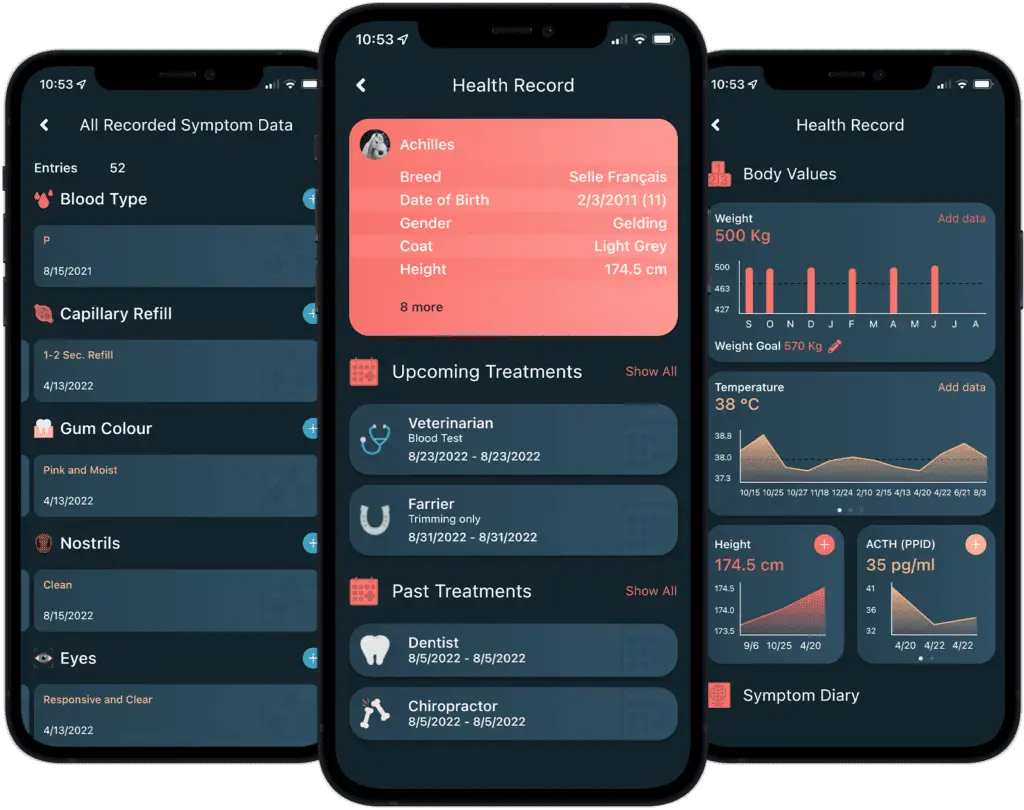

Degenerative Suspensory Ligament Desmitis (DSLD) Seek veterinary advice if you suspect this disease. The exact cause of DSLD has not
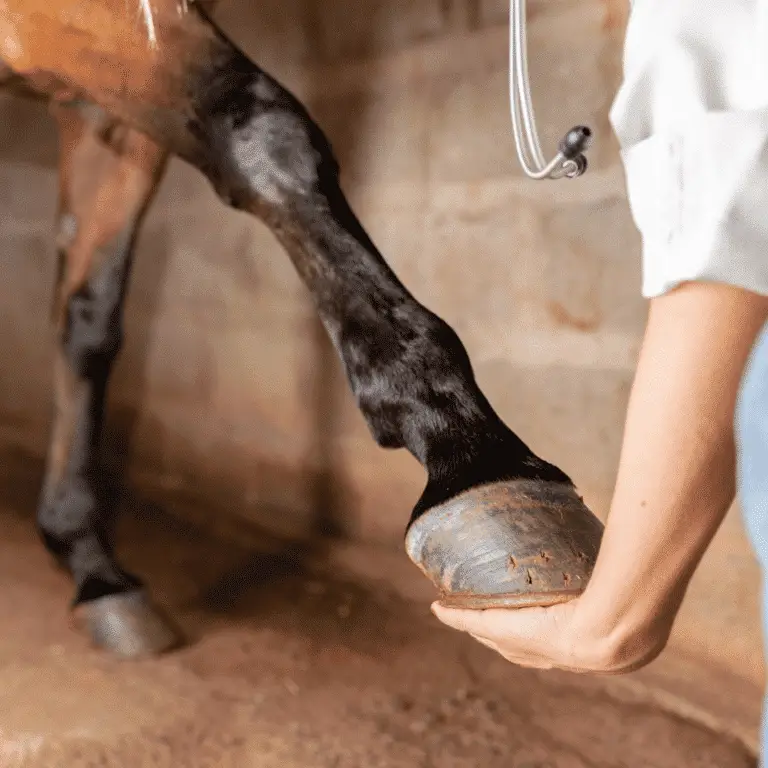
Ligament Strain in Horses Seek veterinary advice if you suspect this disease. Ligament strains in horses are common injuries affecting
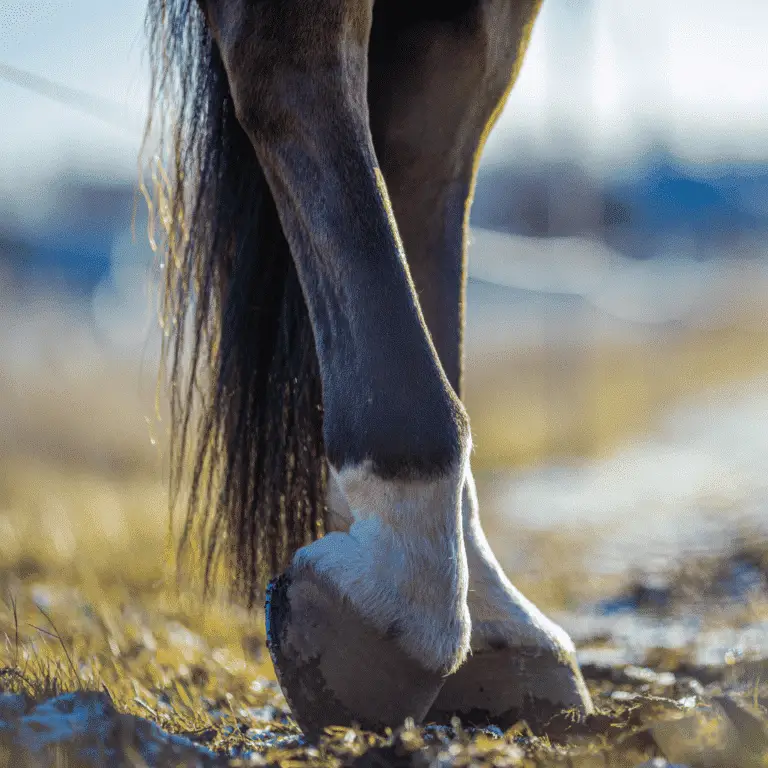
Tendonitis in Horses Seek veterinary advice before applying any treatment Tendonitis is the inflammation of a tendon. It can be